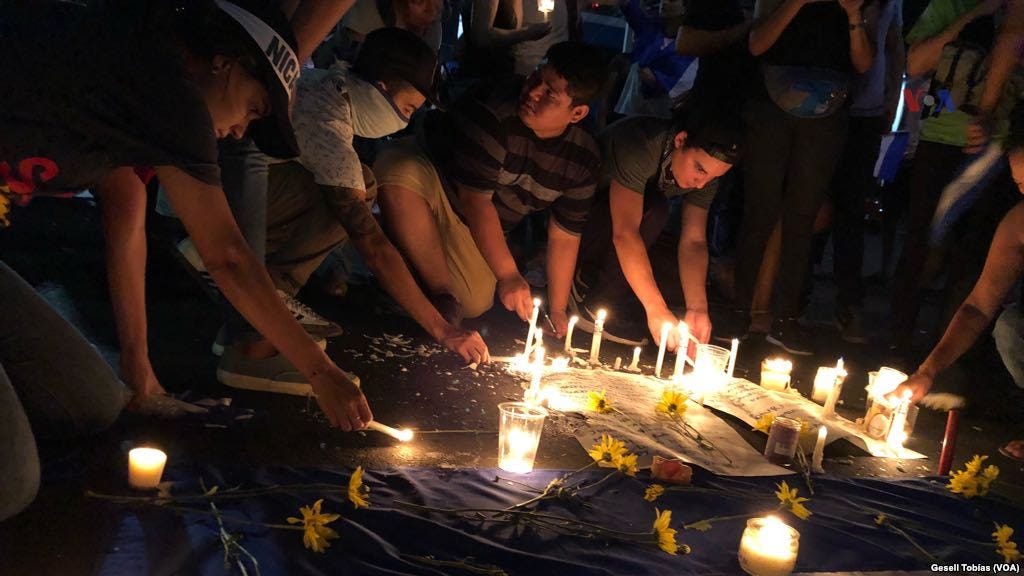When you think about countries where the Church is persecuted, China and its underground church might come to mind. Or maybe Nigeria, where violence against Christians is climbing daily. Maybe even Syria or Iraq, where Daesh nearly wiped out the Christian population a few years ago.
Hardly…

